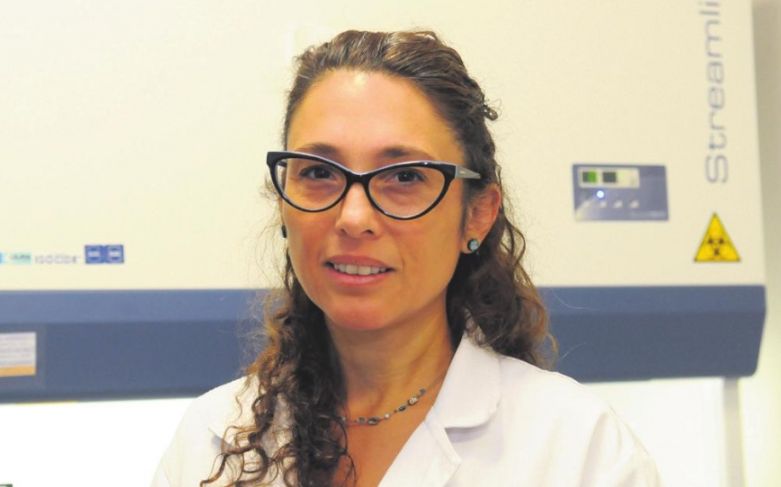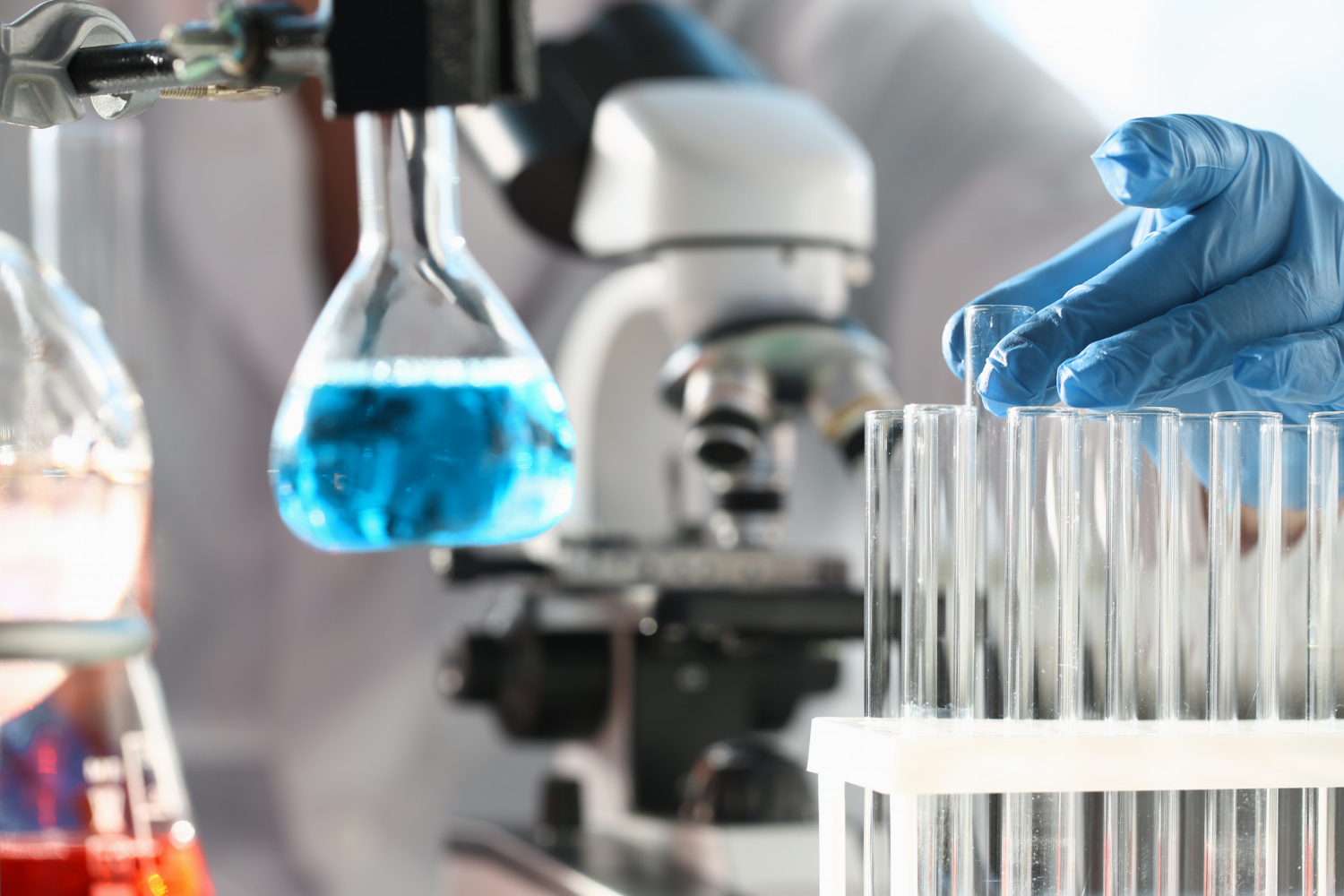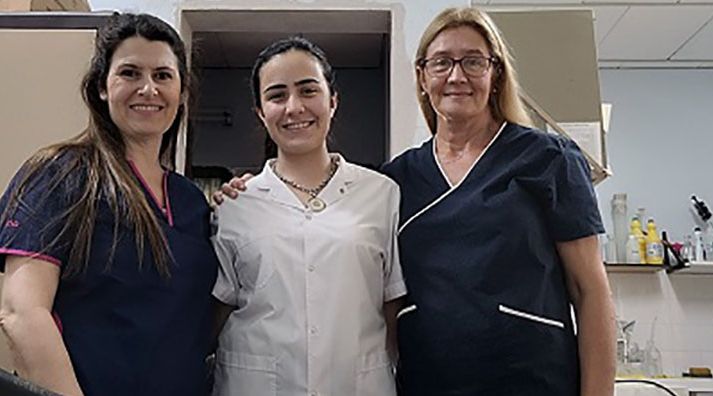Silvia Alejandra Belmonte is an Argentine researcher who earned her degree in Pharmaceutical Biochemistry from the Faculty of Pharmacy and Biochemistry at the Juan Agustín Maza University in Mendoza, Argentina.
She later completed a Ph.D. in Biochemistry at the Faculty of Chemistry, Biochemistry and Pharmacy of the National University of San Luis, Argentina.
The Argentine scientist has taken part in several research projects across Latin America and has held numerous academic and scientific positions.
Among her most notable contributions are her studies—alongside her team—on the biochemistry of reproduction.
Belmonte and Her Professional Career
Throughout her career, Belmonte has participated in various institutions both in Argentina and across Latin America.
She was part of the Department of Structural Biology at the Venezuelan Institute for Scientific Research, as well as the University of Santa Úrsula in Rio de Janeiro.
In Argentina, she is affiliated with the National Scientific and Technical Research Council (CONICET) and teaches at the Faculty of Medical Sciences of the National University of Cuyo in Mendoza.
She also serves as Director of the Lipids and Acrosomal Exocytosis Laboratory, which belongs to the Institute of Histology and Embryology of Mendoza (IHEM).
A Scientific Breakthrough
The Institute of Histology and Embryology of Mendoza (IHEM) focuses on biomedical sciences—fields that aim to develop technologies to improve public health, among other goals.
IHEM also promotes the dissemination of scientific knowledge in medical science and fosters research in science and technology.
One of the projects led by Belmonte and her team at the institute led to a significant discovery in the area of successful fertilization.
The research findings were published in the journal Frontiers in Cell and Developmental Biology, recognized for its prestige in the field of developmental biology.
This study represents a major contribution to the biochemistry of reproduction and sheds new light on the steroid hormone C-21.
Belmonte and her team discovered that this hormone requires the synthesis of sphingolipids, which are responsible for regulating membrane proteins.
Their research demonstrated that different types of sphingolipids trigger signaling pathways during secretion processes.
Biochemical Studies
Biochemistry is the scientific discipline that studies living organisms and their chemical composition.
It is responsible for analyzing the molecules in cells and tissues of living beings, as well as the components of those molecules.
This branch of science focuses on the chemical nature of cells and their chemical reactions.
Among the most relevant areas of biochemistry are immunology, endocrinology, structural biochemistry, and organic chemistry.
- Immunology studies the immune system—that is, the organs, tissues, and cells that respond to foreign elements.
- Endocrinology focuses on the endocrine system, which includes the glands that produce hormones, and on related diseases such as thyroid disorders and pregnancy complications.
- Structural biochemistry seeks to understand the chemical elements of proteins, sugars, DNA, and RNA.
- Organic chemistry studies various organic molecules and compounds, particularly those that contain carbon in their molecular structures.
The various branches of biochemistry are often interconnected with other sciences, particularly medical sciences.
When it comes to understanding human body functions, many studies combine knowledge from biology and chemistry.
This intersection has led to valuable contributions in the study of health and disease.
Biochemical research focused on medical science has produced clinical, pharmaceutical, and nutritional insights.
In medicine, biochemistry and its applications are crucial to understanding key areas such as reproduction, fertilization, fertility, and conception.
One example is the study of so-called “biochemical pregnancies,” which involve the loss of a pregnancy shortly after fertilization and embryo implantation in the uterus.
There is a growing body of research that combines knowledge, techniques, and methodologies from biochemistry for use in medical science.
This includes not only conception-related processes, but also other phenomena in which the human body and chemistry are deeply interconnected.
In Argentina, Silvia Alejandra Belmonte stands out as one of the researchers who focuses her work on biochemistry, particularly in connection with medical sciences.




